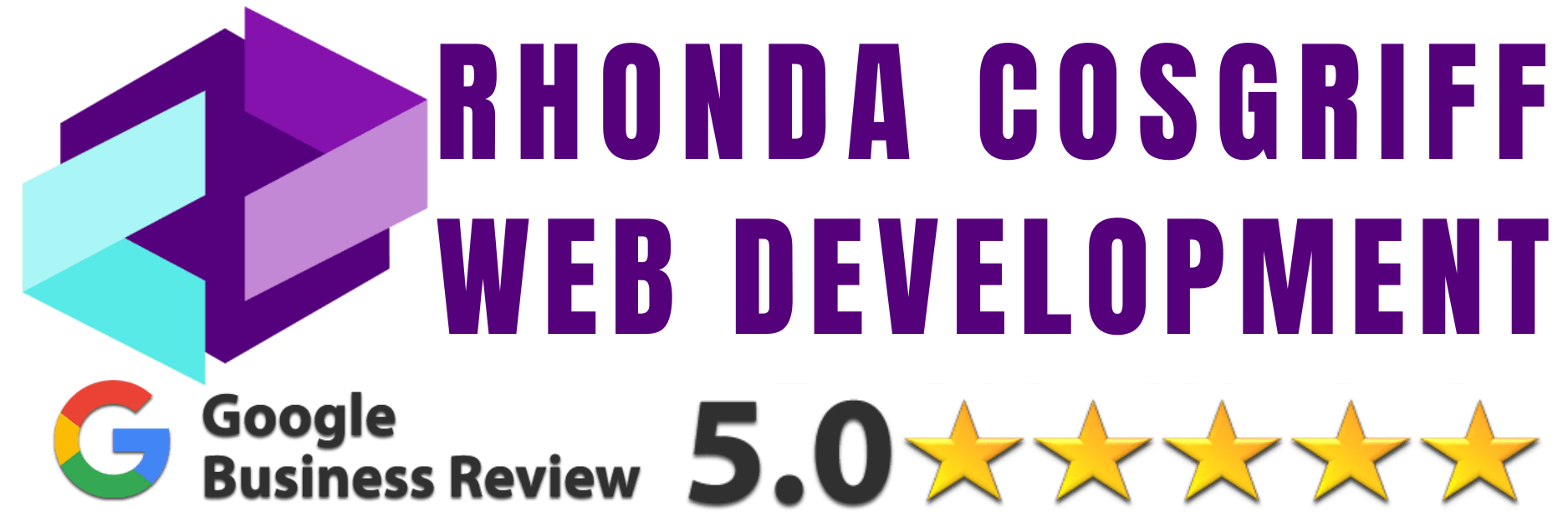 Your data is valuable and you should be in control of it
Your data is valuable and you should be in control of it
Data is more valuable than ever. Corporations want your data, and make big money from it. You should have a piece of this pie since it’s YOUR data.
More data is being created today than at any point in history. According to Domo, 2.5 quintillion bytes of data are created every day, and 90% of all data was created in just the last two years.
Luckily people are listening to the warnings of people like myself about how important your data is to protect even if “they are not doing anything wrong”. A recent study by Cisco found that 86% of consumers “care about data privacy” and want more control, while almost half of consumers “have switched companies or providers over their data policies or data sharing practices.”
What type of data do brands collect on you? Attributes like name, email, phone number, IP address or the type of mobile device you use are all pretty common. Less common ones may include what pets you have, your hobbies, height, weight and sexual orientation. Some companies also store your bank information, as well as links to your social media accounts and the data you share on them.
Things get even more personal if you use platforms like TikTok. They track all the normal stuff and a lot more. Tiktok traces your facial movements and collect images of your face and expressions, while other platforms collect and store your voice data also.
Depending on the type of data, its value can vary greatly both legally and on the black market. From basic personal identifying information (PII) going for about $.03 per record, to $250.15 for a healthcare record, data is big business. (Invisibly) And genetic data is worth even more.
How Do They Collect Your Data?
The first way is to ask you for it. For example, if you download a “free” e-book and give out your email, or fill out a survey for a “free” gift. Maybe you rated a product or service. Other ways you give your data voluntarily include customer service calls, focus groups, and DNA testing companies that don’t explicitly say they do not sell your data.
The second method that people, corporations and governments use to get data is to track you without you knowing it. For example, all websites track user activity. This can include data like time on site, what pages on the site you visit, in what order, time on page, page depth, page scroll heat maps of where your cursor hovered, links clicked, login email and password. All that data is typically associated with an IP address which can give your location if you are not using a VPN (Virtual Private Network). But all of your smart devices are collecting data on you, your smart phone, your smart tv, all of your smart appliances, your smart watches, even your smart electric meters and all these devices are pulsing dangerous cell effecting high frequency electro smog around 900 times PER SECOND in some of these cases and there isn’t even long term data yet and the short term data isn’t good and it’s 100 X for it’s effects on kids but that’s another blog topic for another time.
The final method is people, corporations and governments simply buy your data from someone else. When you do give a brand data for a variety of reasons like stated above, they most likely have it in the small print that they can sell your data to other companies. All of the “free” website you use are collecting your data. Most are using it for operating costs and generating profits.
How Is Your Data Protected?
Sadly, companies weren’t doing much to protect your data, so thankfully regulations from the European Union and states like California were implemented that include data privacy and security laws intended to protect end-users’ data.
The most well-known and expansive laws include the California Consumer Privacy Act (CCPA) which provides California consumers more control over the personal information that businesses collect about them. The law includes the right to know about the personal information a business collects about them and the right to opt out of the sale of their personal information. A few other states like Colorado and Virginia have also implemented data privacy laws, but the California regulations are more comprehensive. There are limited federal data privacy laws in the USA outside of children, financial and healthcare, state legislation at this point is consumers’ only hope to protect their valuable personal information.
Internationally, data privacy was spearheaded by the European Union with the General Data Protection Regulation (GDPR). These regulations were put into place in 2018 and are some of the toughest and most expensive privacy laws in the world, with penalties reaching as much as €20 million or 4 percent of global revenue for non-compliance.
Who Collects Most of Your Data?
Based on the findings of a survey done by Clario, Facebook tops the list of consumer data collectors. They found that out of all the data a business can legally collect about you, Facebook collects 79.49%.
Next up on the list is Facebook-owned Instagram, which collects 69.23% of available data, including attributes like hobbies, height, weight and sexual orientation. TikTok is next, collecting 46.15% of your available data, including facial recognition, voice and images.
While social media is the most obvious of the data barons, all those apps you use for work and personal stuff are somewhat data-rich. Google Maps has 23.08% of available user data, while other Google apps like Docs and Gmail only collect about 12.82% of your available data.
The majority of content provided through these internet companies is offered to users at little to no cost, and consumers have grown accustomed to accessing information found on the internet for free.
The truth is companies such as Google, Meta (formerly Facebook), Yahoo, Twitter, and many others have various ways in which they can generate revenue while continuing to offer their unique internet services at no cost to consumers. The primary way these companies make money on the internet revolves around creating revenue through selling advertising.
The Future of Data Collection
Data will continue to grow at astounding rates. By 2025, there will be 175 zettabytes of data in the global datasphere, according to data from IDC.
Your data or meta data is yours. It is a summary of who you are as a digital person. If companies are making money from it and selling it to other companies, you should know about it. You should also be able to give or rescind permission to companies that use your data if they break your trust. You as a consumer should get value in some way for sharing your data, whether in the form of contextual content suggestions, related products or a tailored customer experience.
If you go back to my previous example of DNA testing companies and the data they collect, if they don’t explicitly say they won’t sell your data then they could be selling your dna for companies to use for all kinds of research. And even the companies that do say they won’t sell your data could have a data breech, no online data is immune to being hacked.
Regulations like the GDPR try to ensure data privacy in the web 2.0 world while state regulations are beginning to address data privacy issues in the USA, a lack of overall data privacy and security federal regulations in the USA currently puts American consumers at risk. And web 3.0 is relying on info being stored on many various servers instead of one centralized server for it’s security but I am still skeptical that it’s enough of an improvement. If you have any questions about your data privacy message me now.










